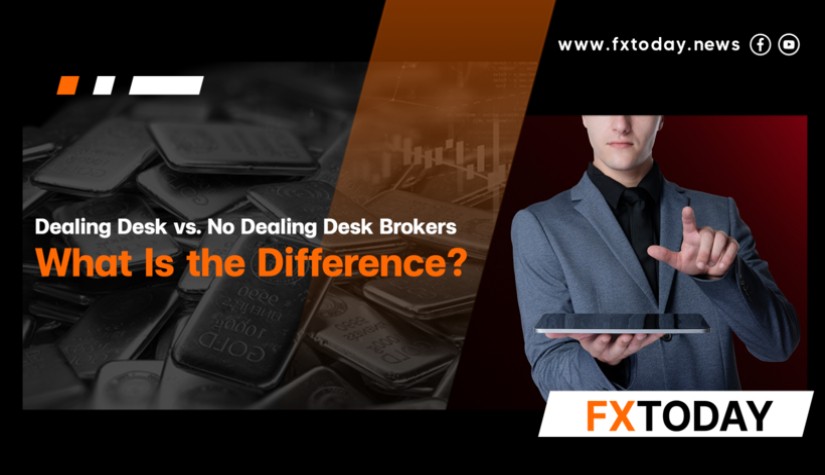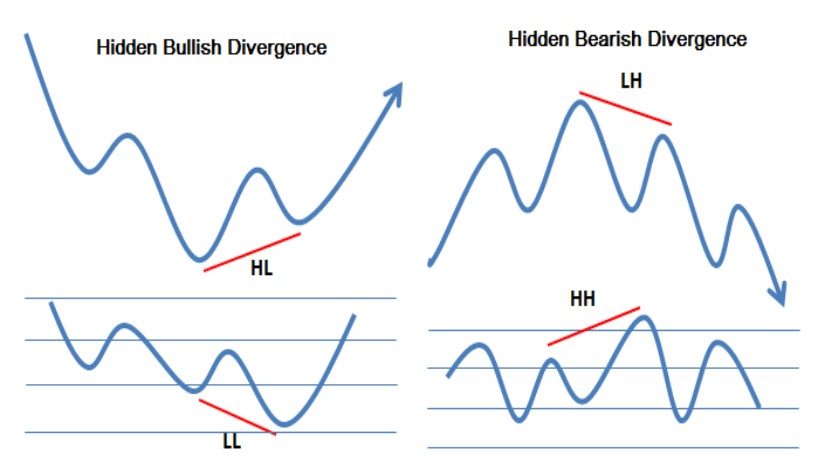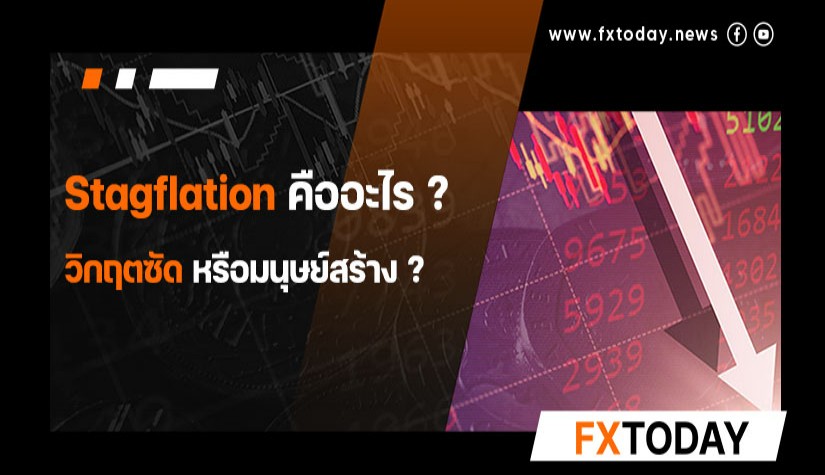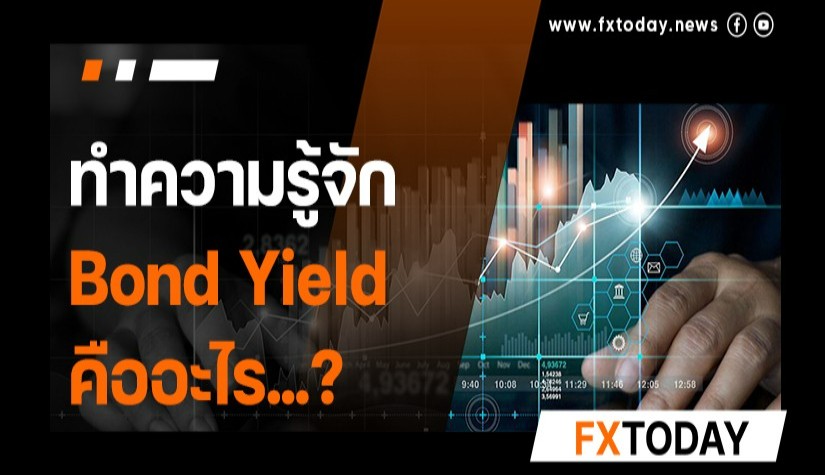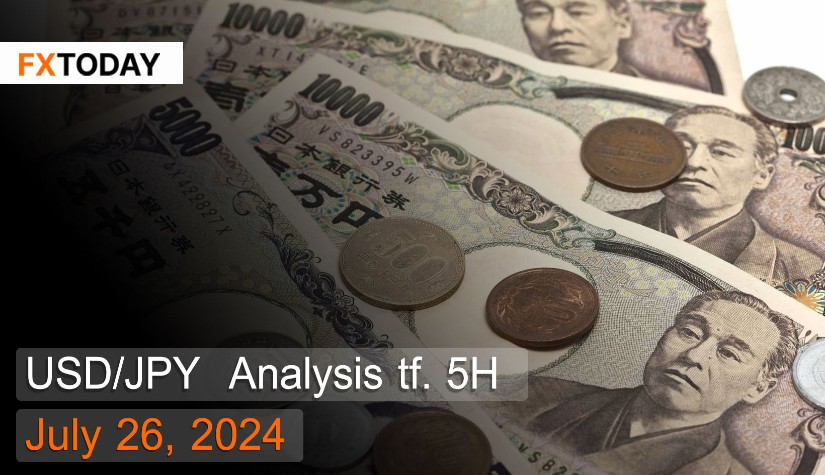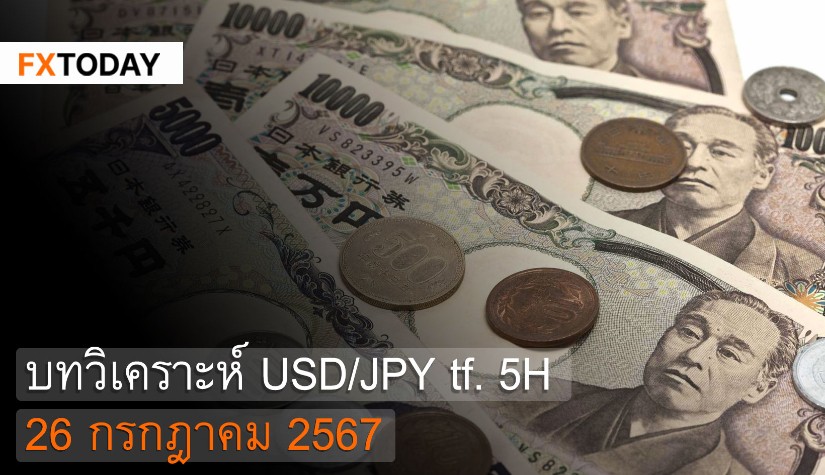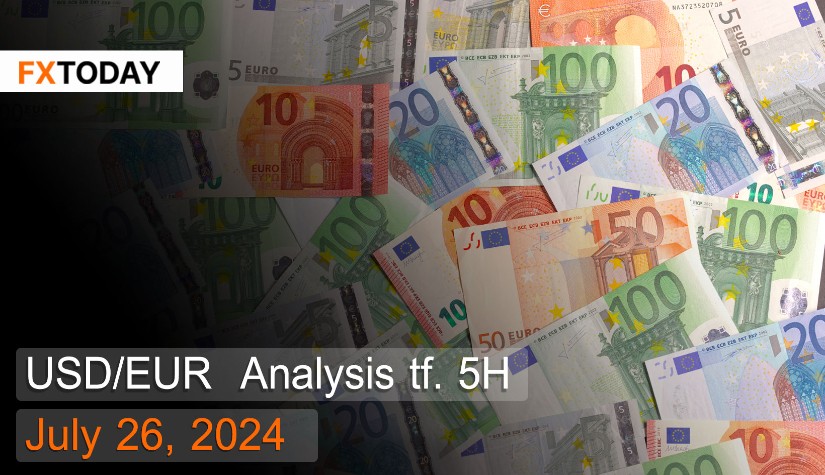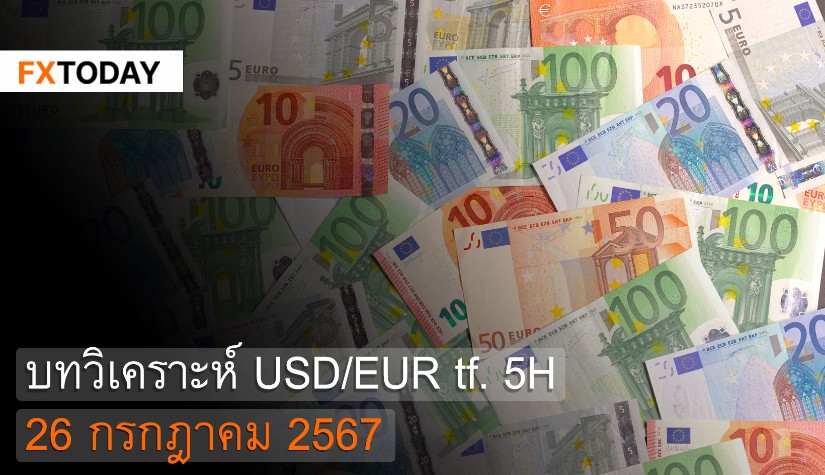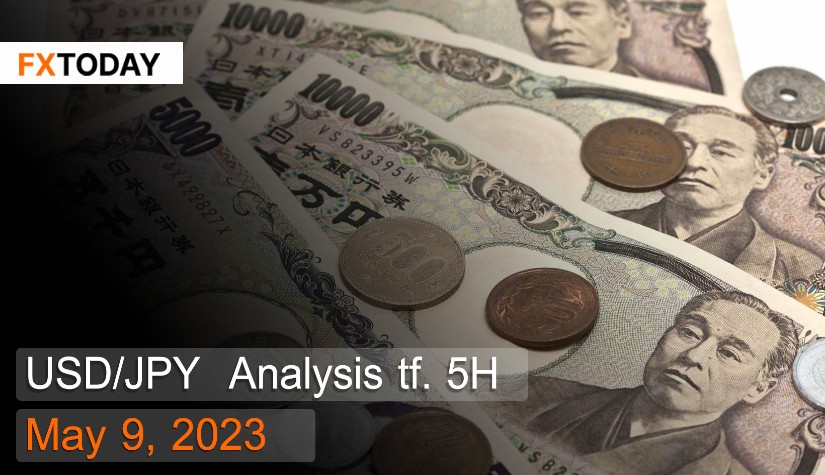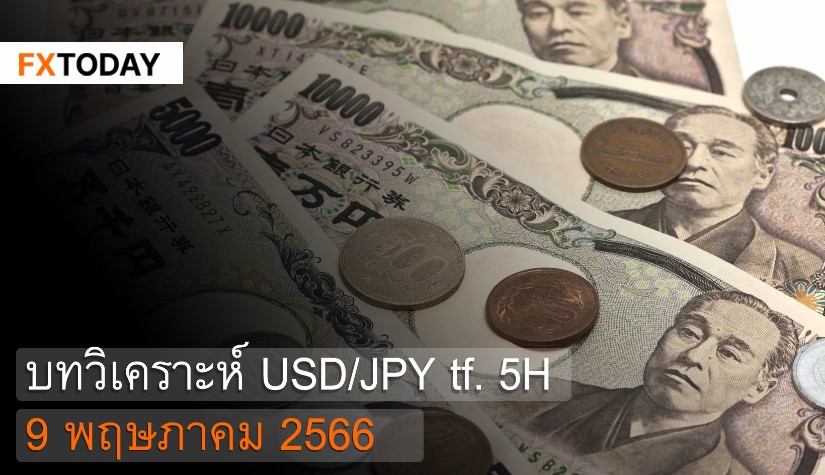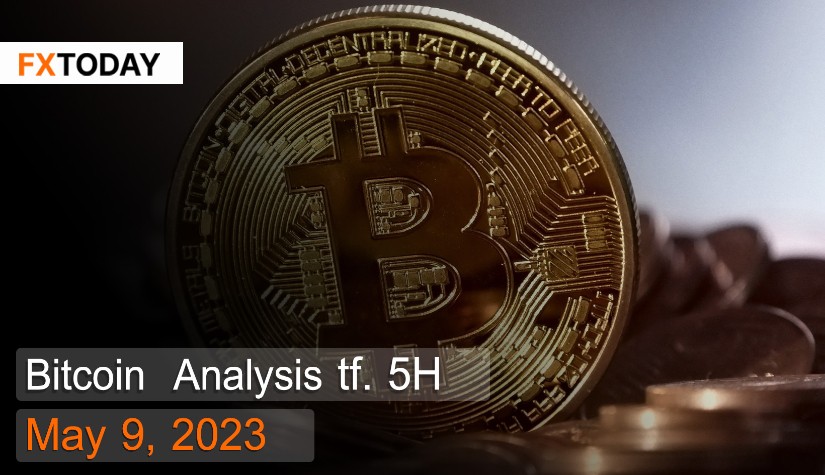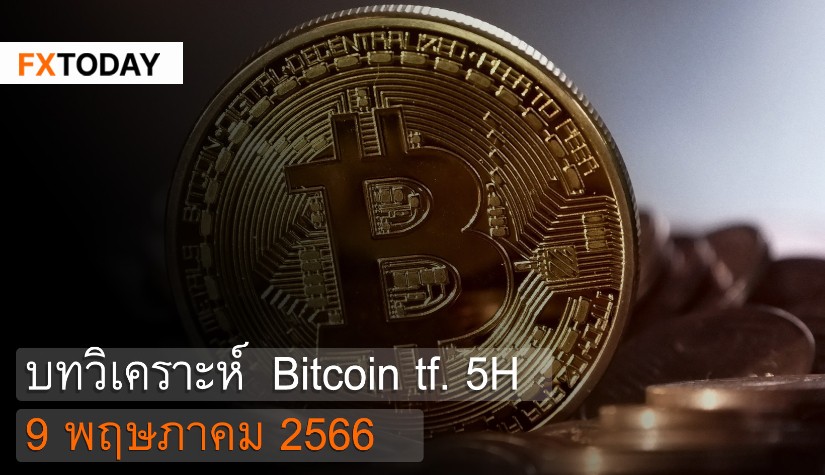Many people who are starting to enter the trading market may still need to be made aware of the type of broker or company that acts as an intermediary for order execution in the Forex market. This article aims to familiarize you with the different types of brokers available.
Types of Brokers
Two main types of brokers that provide services in the investment market include:
- Dealing Desk (DD)
- No Dealing Desk (NDD)
These two types differ significantly in terms of the services they provide, and the details will be thoroughly explained to help you understand the working principles. This article will focus primarily on Dealing Desk (DD) brokers.
1. Dealing Desk (DD) Brokers
Dealing Desk brokers refer to brokers that actively manage and execute trading activities through their own operations. They gather and maintain client data and have a team of staff members responsible for verifying client information. Additionally, they take care of the orders submitted by clients. In this type of brokerage, our trades are paired with orders from other clients.
2. No Dealing Desk (NDD) Brokers
No Dealing Desk brokers are brokers that provide trading services to clients by directly sending their data or order instructions to the central system. The trade orders are not processed through the broker's main server. This type of broker can be further categorized into two formats:
2.1 Straight-Through Processing (STP): This format involves the direct processing of orders.
2.2 Electronic Communication Network + Straight Through Processing (ECN+STP): This format utilizes an automated system to match corresponding buy and sell orders, along with direct order processing.
The next section will provide detailed information on Dealing Desk (DD) brokers' operations, aided by illustrative diagrams. The article concludes with guidance on broker selection.
Dealing Desk (DD) Brokers: How Do They Operate?
Many investors may be familiar with the term "Market Maker," which refers to Dealing Desk brokers. They do not directly send client orders to the market, but instead, their operation is based on the principles illustrated in the following diagram:
As shown above, Dealing Desk (DD) brokers operate by enabling traders to execute trades on various platforms, such as MT4 or MT5. They gather client data and use a dedicated team to verify this information. When we place an order, the Dealing Desk broker pairs our order with those from other clients.
For Example
If you initiate a trade by buying 1 lot of the EUR/USD currency pair, the broker will look for a corresponding sell order. If no matching order is available, they'll transfer our buy order to a liquidity provider, a large entity willing to trade. This process can avoid the broker's risk and allow them to earn revenue from the spread without holding a counteracting order, such as a sell order, to pair with our buy order.
Dealing Desk (DD) Brokers: How Do They Make a Profit?
Dealing Desk (DD) brokers mainly earn revenue from the spread traders pay when opening each trade. With this type of broker, the spread is typically fixed. Determining the spread is a crucial factor for traders when choosing a broker. The asset prices or chart prices of currency pairs displayed on the trading platform generally mirror actual market prices.
When traders profit from their orders, the broker sends them to the bank for a refund. However, trades resulting in losses transform into the broker's revenue, combined with a portion of the spread collected from traders since the opening of the orders.
Choosing Between a Dealing Desk Broker or a No Dealing Desk Broker?
Choosing between different types of brokers requires careful consideration of their advantages and disadvantages, as well as your specific trading needs and preferences.
If you value a broker offering lower-cost services and fixed spreads, you might lean towards a Dealing Desk (DD) broker. Conversely, if you prioritize safety and are willing to accept higher service costs, a No Dealing Desk (NDD) broker could be a more suitable option.
Conclusion
Both Dealing Desk (DD) and No Dealing Desk (NDD) brokers offer different services, with a key difference being their order execution processes. Nevertheless, several factors must be assessed when choosing a trading broker, such as the company's credibility, other users' experiences, and reviews. Thus, gaining comprehensive insights will aid you in making an informed decision that aligns with your unique trading approach.
______________________________
Maximize your knowledge: Blog
Keep up to date on global events: News
Updated
1 year ago
(May 19, 2023 17:46)

